Working Group in Environmental Aesthetics
A Collaborative Research Project

The WGEA advances collaborative and comparative research on the role of aesthetics in understanding and responding to the environmental crisis. FANE connects researchers with funding opportunities and provides logistical support.
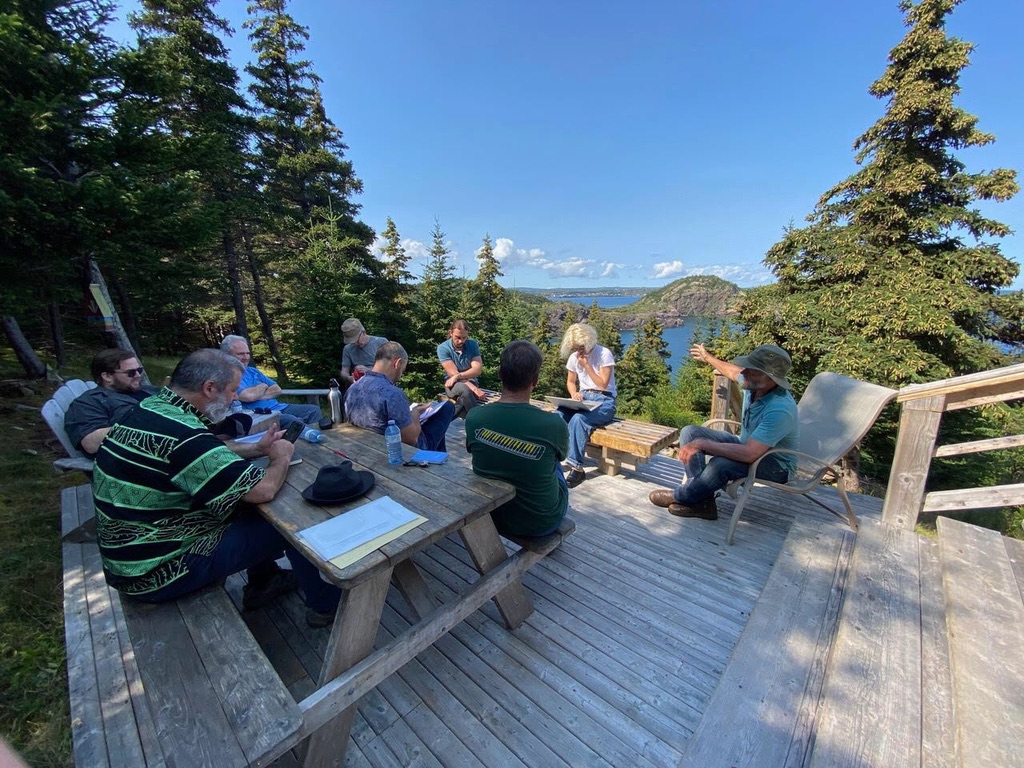
Our Main Research Objectives
Objective 1
To what degree is environmental crisis a consequence of aesthetic marginalisation?
Objective 2
Is aesthetic marginalisation the inevitable outcome of the traditional European aesthetics of form?
Objective 3
What can environmental ethics learn from a critical re-appraisal of European aesthetics in the light of the Japanese aesthetics of emptiness?
Project Description
The aim of this project in the history of philosophy, environmental ethics, religious studies, and aesthetics is to critically compare the European and Asian traditions of the aesthetics of nature in order to gain a better understanding of the conceptual underpinnings of our current environmental crisis.
Climate change, wilderness depletion, and ecological ruin are symptomatic of transformations in human attitudes to nature. These changing attitudes to nature are not only scientific, they are also aesthetic, expressive of transformed assumptions concerning beauty, order, and the human’s place in nature.
While the two aesthetic traditions to be compared in this project may initially seem opposed, with the European tradition emphasizing form and permanence and the Asian tradition emphasizing impermanence and “emptiness” (a translation of the Buddhist term, Sūnyatā), the reality is more complex. The European tradition deteriorated in the 19th century. The late Romantic subjectification and marginalization of European aesthetics coincided with the exploitation and management of nature without regard for its aesthetic or moral value. Meanwhile, in the Asian tradition, aesthetic form was never assumed to be purely objective, intelligible and enduring, but was always viewed in relation to the emptiness from which it was inseparable. Both the Western and Asian traditions of environmental aesthetics have now given way to more modern, utilitarian approaches to development and preservation.
This project aims to explore the potential for comparative environmental aesthetics to offer a deeper understanding of the legacies of both the European and Asian traditions and a more sustainable global attitude towards nature.
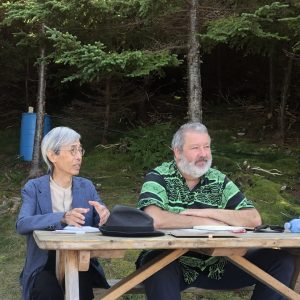
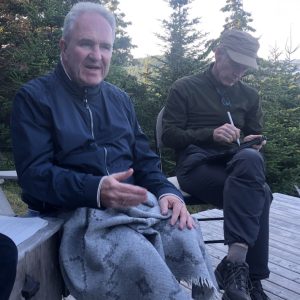
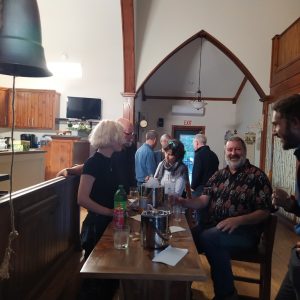
Events
WGEA Japan
The event was held in Tokyo, Japan from April 23 to 27, 2025, and focused on how traditional Eastern perspectives can respond to modern European thought and offer new theoretical possibilities. A summary (in Japanese) can be found, here.
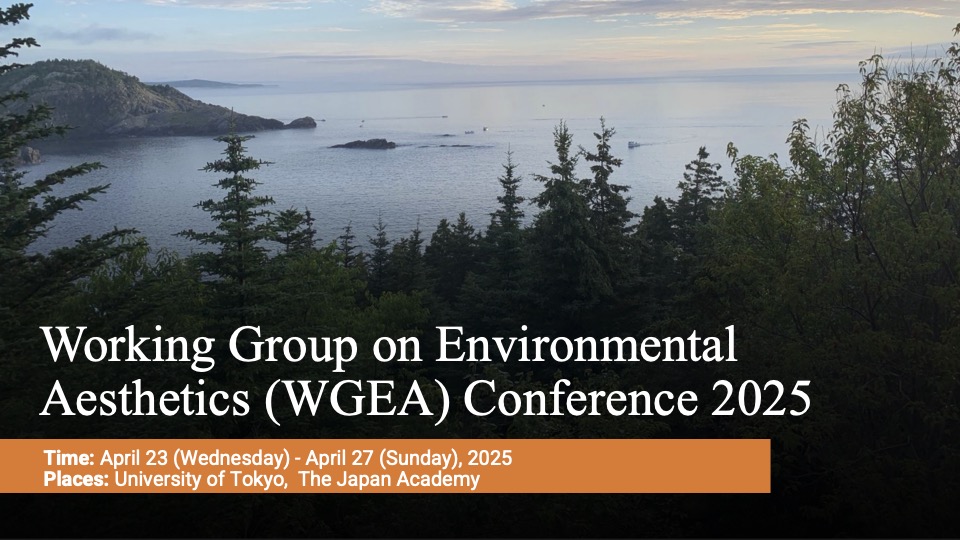
Environment in Crisis - Crisis in Aesthetics. Asian, European and North American Perspectives. Banz Castle, Germany, 28-31 May 2024
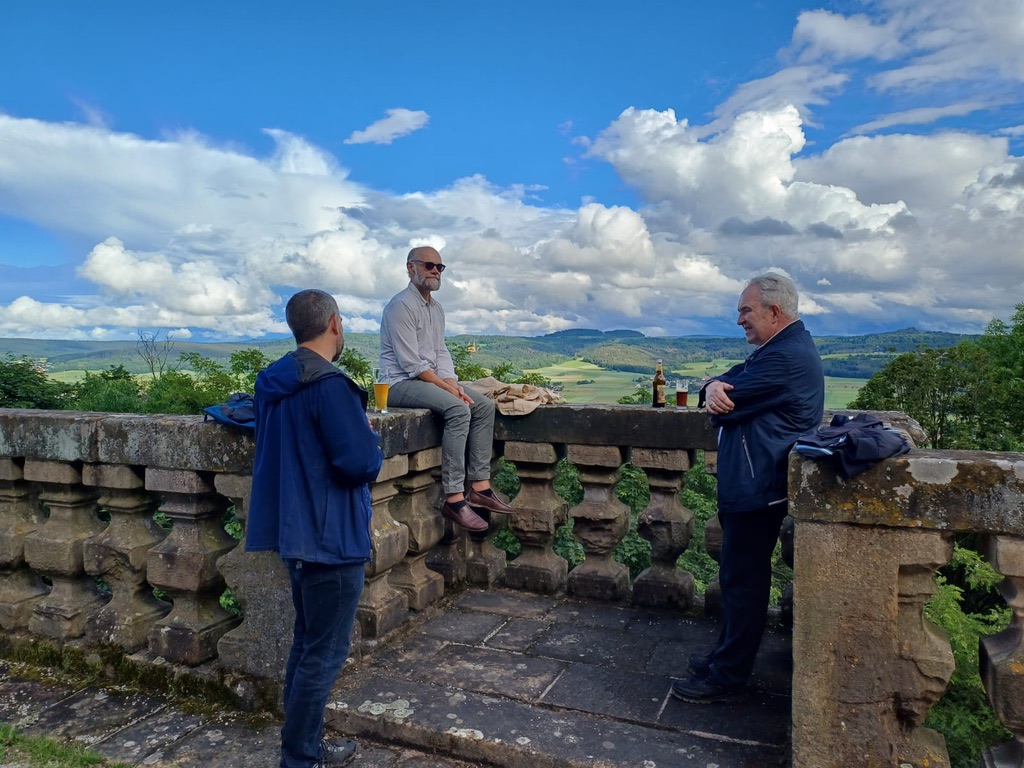
At the end of May 2024, Prof. Dr. Uwe Voigt hosted the second international meeting of the FANE supported Working Group in Environmental Aesthetics. With generous financial support from the Hans-Seidelstiftung, over thirty researchers, from graduate students to senior professors, in a variety of fields, from Art History to Theology, met in a former monastery in idyllic Upper Franconia (Oberfranken) to discuss the relation between aesthetics and the environmental crisis. The program for the hugely successful event can be seen here.
Professor Voigt has this to say about the event: “This conference served two purposes: together with students from Augsburg and Bamberg, to give young academics in particular a chance to have their say from a philosophical, geoscientific and cultural studies perspective, and to not only talk about the environment, but also to engage in immersive contact with it. The mornings were therefore filled with classic contributions from younger colleagues; the afternoons were devoted to the format Walk and Talk: the people whose main presentations shaped the subsequent conference also discussed further research projects in the field of environmental aesthetics while hiking in the adjacent low mountain forests.”
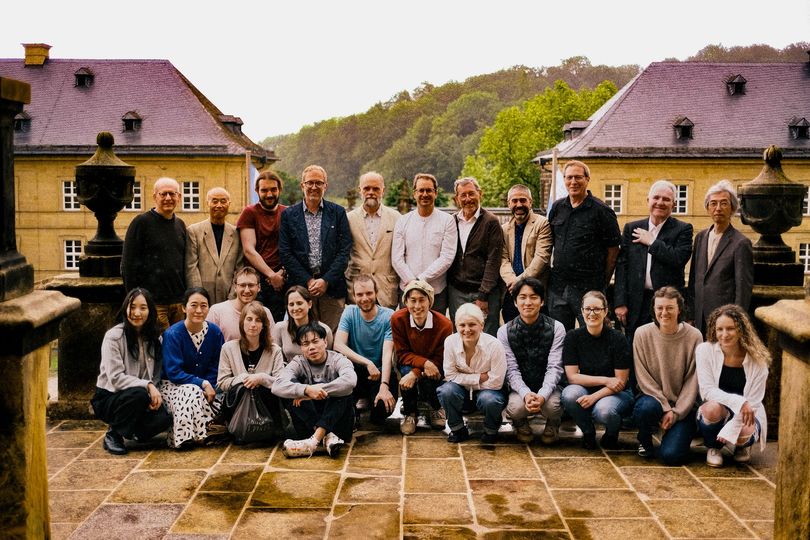
Aesthetics in Times of Turmoil: A Conference on Intersections between Art and Ecology. King’s University College at Western University, Canada, 22-23 March 2024
“During intensifying ecological turbulence and geopolitical conflict, entrenched habits of thought might suggest that questions of the aesthetic and the beautiful are dispensable luxuries. Such attitudes presume an image of the aesthetic complicit with what Levinas calls a “dimension of evasion” and thus assume a metaphysical separation between human cultural practice and natural processes that is one conceptual root of ecological dysfunction … “
Inaugural Meeting of the WGEA - Cupids Retreat. Cupids, Canada, 23-26 August 2023
The inaugural meeting of the WGEA is to be held in Cupids, in the Province of Newfoundland and Labrador. Cupids, founded in 1612 by the English, is one of the oldest European settlements in “the New World.” The purpose of the inaugural in-person meeting is to create the team spirit and establish the collegial relations necessary for long-term collaborative research across three continents. The location of Cupids has been chosen because of its proximity to Memorial University as well as its cultural-historical significance and for the obvious natural beauty of the environment of Conception Bay North. We shall make use of the Cupids Legacy centre for our meetings.
The program will consist of three days of a gentle cycle of meetings, meals, and excursions. For the meetings, members will prepare a brief presentation of research interests and to say something about what they hope to contribute and to gain from the project. If you have something substantial you would like to share with us, a position paper or outline for research, please feel free to do so. We shall take 45 minutes for each presentation.
For the excursions, we shall be walking the hiking trails around Cupids, picking berries and mushrooms, and hiking the hill to the Hermitage, my off-grid home. There we shall prepare mid-day meals and continue informal discussions. Evening meals will be catered in Cupids.
Members & Contributors
Sean McGrath

Sean McGrath lives in St. John’s, Newfoundland, with his wife and son, where he is a Full Professor of Philosophy at Memorial University and a member of the College of the Royal Society of Canada. A self-described environmentalist, although with a more conservative than leftist leaning, McGrath and his family spend their summers in an off-grid cabin they built on a hill overlooking Conception Bay North. He is also the founder of a Non-Profit Organization in Newfoundland called For a New Earth , which galvanizes local political will around ecological issues in the province.
He is the author of many books, including The Early Heidegger and Medieval Philosophy, Heidegger: A (Very) Critical Introduction, The Dark Ground of Spirit: Schelling and the Unconscious (Routledge), and the recently published Thinking Nature: An Essay in Negative Ecology. McGrath also serves as the co-chair of the North American Schelling Society (which he founded with Jason Wirth in 2011) and the editor of two academic journals: Kabiri: The Official Journal of the North American Schelling Society, and Analecta Hermeneutica: The Official Journal of the International Institute for Hermeneutics.
Jason Wirth
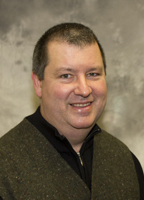
Dr. Jason M. Wirth is professor and chair of philosophy at Seattle University and works and teaches in the areas of Continental Philosophy, Buddhist Philosophy, Aesthetics (especially film, painting, poetry, and the novel), and Environmental Philosophy. His recent books include Nietzsche and Other Buddhas: Philosophy after Comparative Philosophy (Indiana 2019), Mountains, Rivers, and the Great Earth: Reading Gary Snyder and Dōgen in an Age of Ecological Crisis (SUNY 2017), a monograph on Milan Kundera (Commiserating with Devastated Things, Fordham 2015), Schelling’s Practice of the Wild (SUNY 2015), and the co-edited volume (with Bret Davis and Brian Schroeder), Japanese and Continental Philosophy: Conversations with the Kyoto School (Indiana 2011). He is the associate editor and book review editor of the journal, Comparative and Continental Philosophy. He is currently completing a manuscript on the cinema of Terrence Malick as well as a work of ecological philosophy called Turtle Island Anarchy.
Tanehisa Otabe
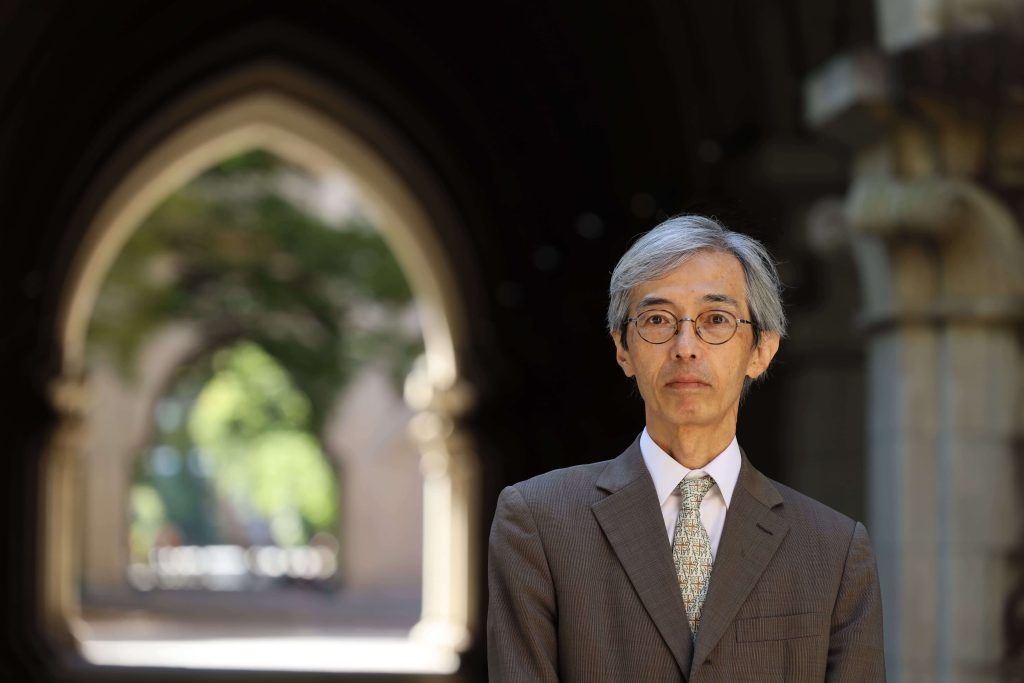
Tanehisa Otabe is professor of aesthetics at the University of Tokyo. His areas of interest cover eighteenth century German aesthetics as well as intercultural aesthetics. His publications in German include: Ästhetische Subjektivität. Romantik und Moderne (Würzburg 2005) and Kulturelle Identität und Selbstbild. Aufklärung und Moderne in Japan und Deutschland (Berlin 2011). He edited the special issue “The Unconscious” of The Journal of Aesthetics and Phenomenology, vol. 6, issue 2 (2019).
Humboldt Research Fellow (1999–2000, 2005), Philipp Franz von Siebold Award (2007), a board member of the International Schelling-Society (2010– ), President of the Japanese Society for Aesthetics (2013–16), President of the Japanese Schelling-Society (2016–20), Assistant Secretary General of the International Association for Aesthetics (2016–2019) and Member of the Japan Academy (2022– ).
Joachim Rathmann
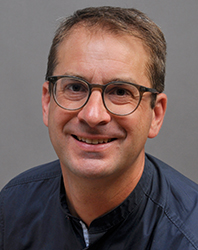
Joachim Rathmann teaches and conducts research on human-environment relations at Julius-Maximilians-Universität of Würzburg, where he works at the chair of Geography and Regional Science in the Institute of Geography and Geology. He is an adjunct professor at the School of Science and the Environment at Memorial University in Newfoundland. His research includes the study of cultural ecosystem services, human-environment relations, philosophy of nature and landscape theory (landscape aesthetics, therapeutic landscapes, environmental-economic landscape assessment.
Barry Stephenson

Barry Stephenson’s teaching and research includes the study of ritual, religion and the arts, and religion in modernity. He received his Ph.D. in Religious Studies from the University of Calgary, in 2005. He resides in St. John’s, in the province of Newfoundland and Labrador, where he is Associate Professor of Religious Studies in the Faculty of Humanities and Social Sciences at Memorial University of Newfoundland and Labrador (MUN, for short).
A former co-chair of the Ritual Studies Group of the American Academy of Religion, Professor Stephenson was for several years co-editor of Oxford University Press’s Ritual Studies Series. He currently co-directs the After Church Atlas research project, with colleague Dr. Nicholas Lynch. He is author of Excursions in Ritual Studies, Ritual: a very short introduction, Performing the Reformation: Public Ritual in the City of Luther, and Veneration and Revolt: Hermann Hesse and Swabian Pietism. With colleagues Sean McGrath and Kyla Bruff (MUN) he founded and runs the not-for-profit For a New Earth, an environmental action group aiming to raise ecological awareness and activism in the Province of Newfoundland and Labrador.
Uwe Voigt
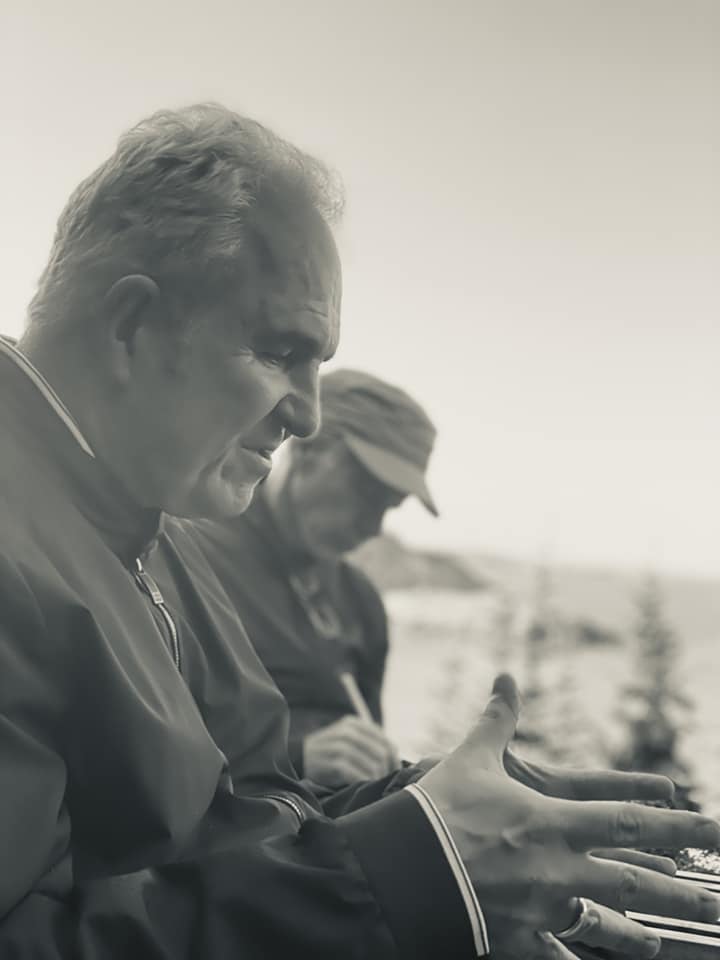
Having studied philosophy, psychology and Catholic theology at the Otto-Friedrich-University in Bamberg, Germany and for one year at Innsbruck University, Austria, Uwe Voigt received his PhD in Bamberg with a dissertation on the concept of history in John Amos Comenius. At the same institution, he did his “Habilitation” (second major thesis) on information terminology in the light of Aristotle’s concept of the soul. Uwe Voigt now holds a chair of analytic philosophy and philosophy of science at Augsburg University, Germany. From this position, he has contributed to an academic partnership with the Memorial University of Newfoundland for more than a decade, becoming an Adjunct Professor there.
Contemplating classical topics of philosophy with methods from philosophical analysis and phenomenology, Uwe Voigt investigates the intersections between philosophy of mind, especially panpsychism, and environmental philosophy, viewing environmental aesthetics as a place where the crossroads meet.
For more information (in German) and a bibliography, link here.
Laura Fumagalli
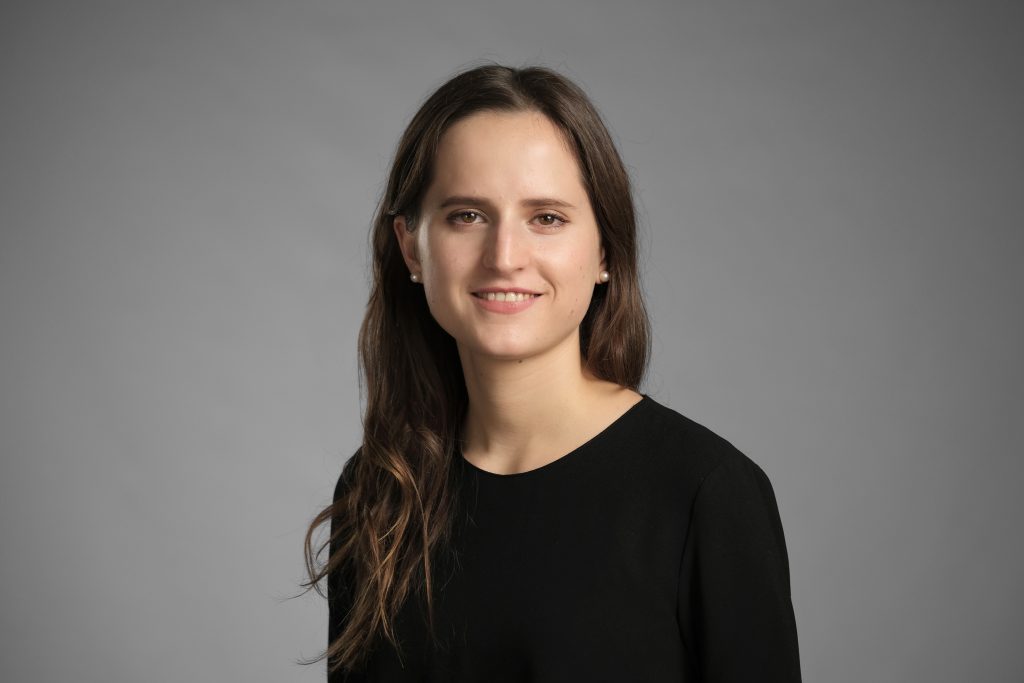
Affiliation: Augsburg Universität and LMU München
My doctoral dissertation examines issues of environmental aesthetics in an age of environmental crises. In particular, I focus on negative aesthetic qualities (esp. ugliness and disgust) and negative aesthetic experiences of nature, considering that this topic is largely neglected in the literature. To clearly frame this debate, I also address the definition of the object of environmental aesthetics, that is, what exactly we appreciate when we aesthetically appreciate nature.
My main areas of interest are aesthetics, philosophy of art and environmental philosophy and issues connected to the relationship between aesthetic and ethical values.
Yi Ding

Russell Duvernoy
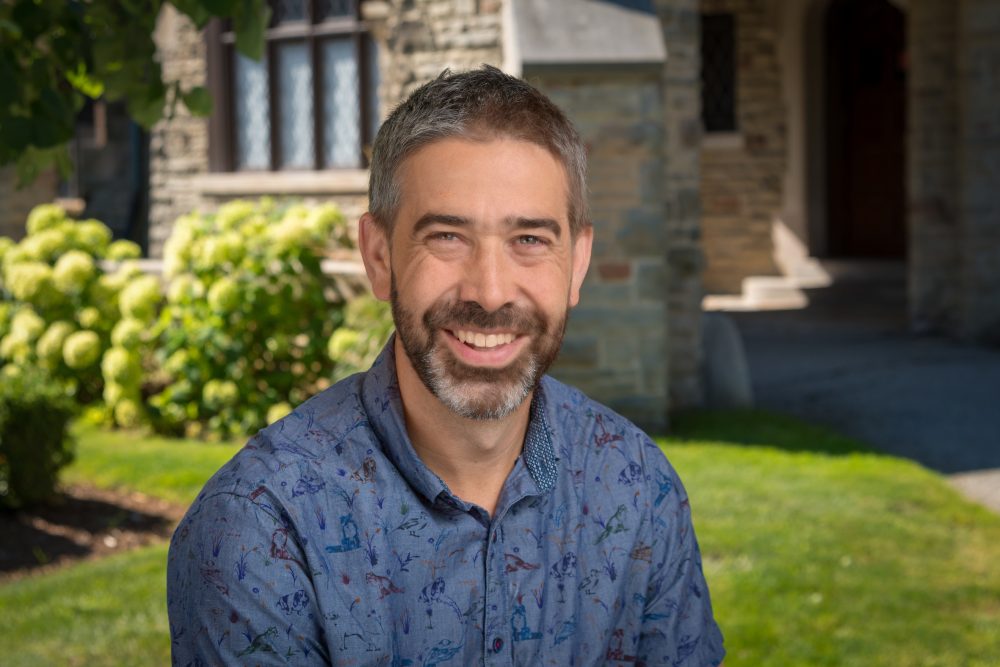
Russell J. Duvernoy lives with his wife and two children in London, Ontario on lands connected with the London township and Sombra treaties of 1796 and the Dish with One Spoon Wampum. As Associate Professor of Philosophy at King’s University College, he is committed to the practice of philosophy amidst social and ecological dysfunction and conflict. His work draws on process philosophies, Continental philosophy, critical environmental philosophy, and world philosophies to dwell with ethical and spiritual dimensions of climate change and ecological duress.
He has two current research projects. The first considers conditions of “ecological conversion” as a concept for thinking transformative change. The second investigates ontological intersections between space, place, and time towards understanding multiple forms of memory (collective, nonhuman, and personal). A bridge between both projects is the role of aesthetic and affective experience in dynamics of epistemological and perceptual paradigm transition.
He has published one monograph study Affect and Attention after Deleuze and Whitehead: Ecological Attunement (Edinburgh University Press 2020) and several articles in a wide range of scholarly journals, including: Comparative and Continental Philosophy, Environmental Philosophy, Contemporary Pragmatism, Ethics and the Environment, Philosophy Today, and Southern Journal of Philosophy among others.
Isabelle Lindsay
Felix Treutner
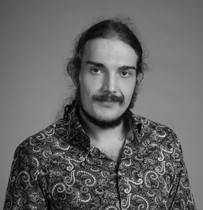
Affiliations and academic research
July 2022 to November 2022 | Research assistant at the Research Unit Social economics in the work and job environment at the University of Augsburg
December 2022 to April 2023 | Research associate in course of the research project UMDIA (“UnterbrechungsManagement bei Digital gerahmter InteraktionsArbeit“) at the Research Unit Social economics in the work and job environment at the University of Augsburg
May 2023 to March 2024 | Research associate in course of the research project LeNa (“Leitfaden Nachhaltigkeit”) Shape Value at the “Lehrstuhl” for Christian social ethics at the Ludwig-Maximilians-University of Munich in cooperation with the University of Tübingen
Since August 2023 | Member of the NGO FANE (For A New Earth) as a FANE Pioneer
Since November 2023 | Part of the WGEA Research Group
Stefanie Voigt
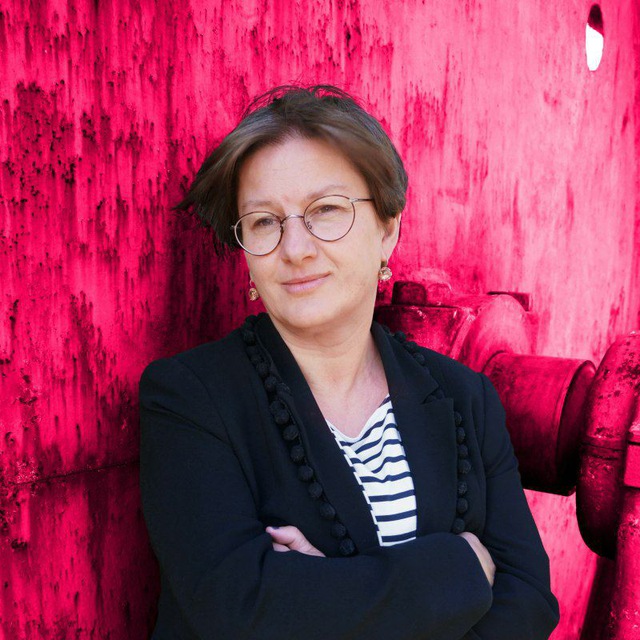
Stefanie Voigt studied art history and philosophy at Otto-Friedrich University, Bamberg, Germany. At the same time, she worked as painter and Baroque harp player. Also in Bamberg, she received her PhD in psychology with a work on the “secret of the beautiful”. At the University of Koblenz-Landau, Germany, she did her “Habilitation” (second major thesis) with a study on the concept of the sublime. Both theses were awarded prizes for academic excellence.
She teaches at several universities (also of applied science), including the Centre of Excellence for Total Productive Management (CETPM) in Herrieden, Germany, is an Adjunct Professor at the Memorial University of Newfoundland and a member of the Nuremberg Institute of Sustainability, and has founded the Business Aesthetics Academy which is dedicated to the mediation of values through an interdisciplinary theory of aesthetics.
Stefanie Voigt’s work is centered in theory and practice on importance of aesthetics for the understanding of consciousness, for a meaningful human life and for sustainable processes in society and economy.
For more information (in German) and a bibliography, click here.
Sakura Yahata
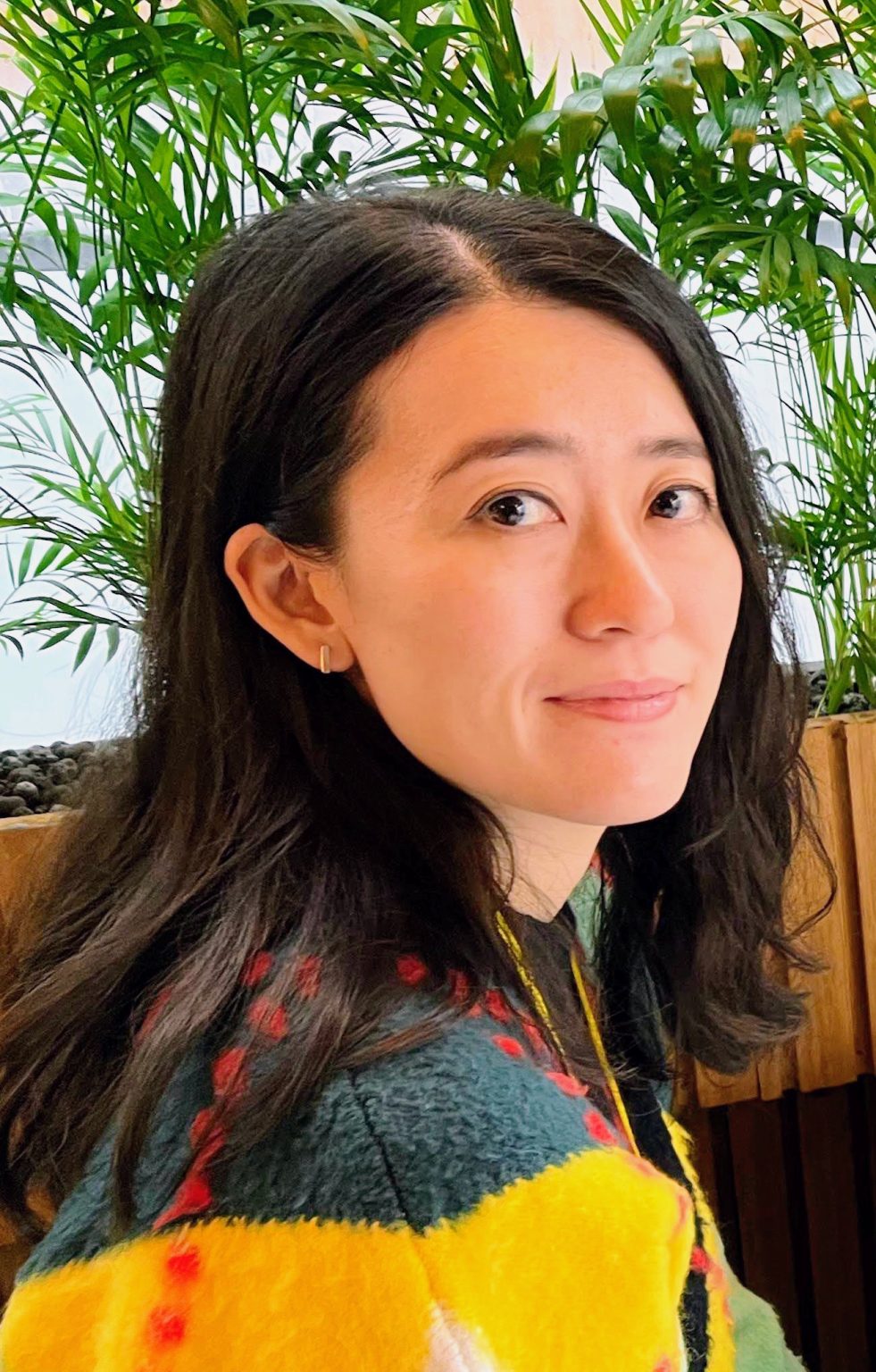
My research thema is Schelling’s philosophy of art by examining his philosophical theory and his concrete experience of artworks. My dissertation is The Imagination in the Philosophy of Art by Schelling published as a Book in Japanese in 2017. The latest paper is ‘Schelling und Correggio’ in Schelling Studien, Bd.9, 2022. In addition, I am doing research on contemporary art by focusing on the concepts of landscape and nature in recent years. I also use the methods of action research and philosophical dialogue in my educational practice activities.
Project Assistant Professor
Graduate School of Humanities and Sociology, Center for Evolving Humanities
The University of Tokyo
Leila Michelle Vaziri
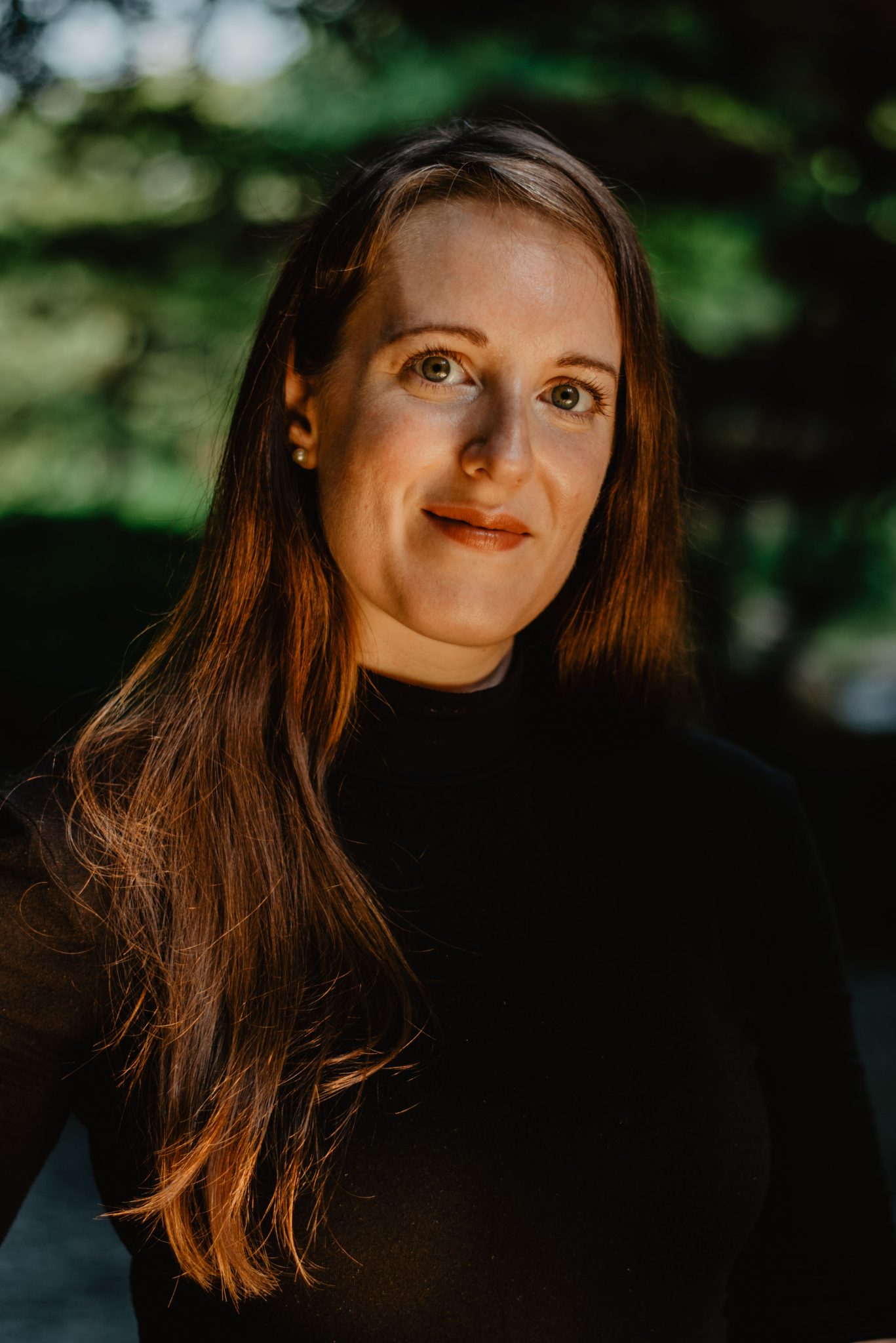
Leila Michelle Vaziri is assistant professor and lecturer in English literary studies at the University of Konstanz (Germany) and received her Ph.D. from the University of Augsburg in 2023. In her research, she focuses on literary aesthetics (with a focus on early 20th-century poetic and narrative texts as well as contemporary drama) as a response to social, political and environmental crises, taking an approach that is based in phenomenology as well as feminist theory. She is author of The Theatre of Anxiety: Border Crossings in 21st-Century British Theatre (De Gruyter, 2024) and has published several articles on ecology and climate change in contemporary theatre, for instance in combination with negative affects and the Capitalocene, pregnancy or care. She is also currently working on a book project on “Pregnancy and It’s Resonances in Literature and Culture, 1890-1939.”
Philipp Höfele
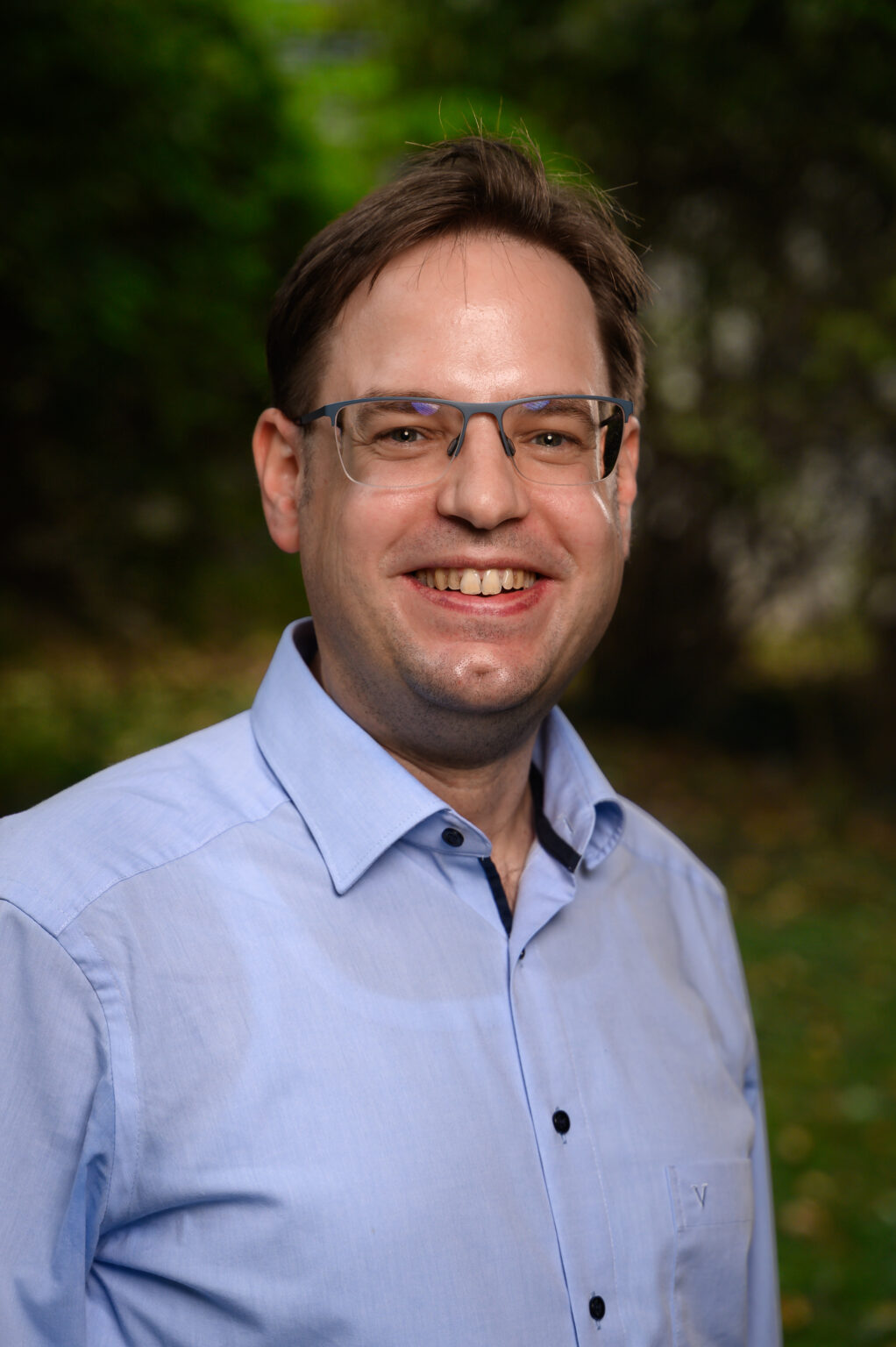
Dr. Philipp Höfele is a postdoctoral research fellow within the framework of the “Young Academy for Sustainability Research” (YAS) at the “Freiburg Institute for Advanced
Studies” (FRIAS), University of Freiburg, since October 2024. Previously, he was a postdoctoral researcher within the interdisciplinary Cluster of Excellence livMatS (2019-
2021), a postdoctoral research fellow at Freie Universität Berlin as well as a visiting scholar at Pennsylvania State University (2021-2023), and an Assistant Professor at the
Department for Philosophy at Martin Luther University Halle-Wittenberg (2023-2024). At the same time, he is a board member (secretary) of the International Schelling Society and of the North American Schelling Society (NASS) as well as co-editor of the international journal “Schelling-Studien. Internationale Zeitschrift zur klassischen deutschen Philosophie” (Karl Alber). His main topics are practical philosophy and ethics of German idealism and post-idealism as well as ethics of nature and technology in the context of the Anthropocene discourse.
Major works: “Wollen und Lassen. Zur Ausdifferenzierung, Kritik und Rezeption des Willensparadigmas in der Philosophie Schellings” (2019), “Evil in the Anthropocene?” (Special Issue in “Allgemeine Zeitschrift für Philosophie”, ed. with Lore Hühn, 2021), “Nature in the Anthropocene” (Special Issue in “The Anthropocene Review”, ed. with Lore Hühn and Oliver Müller, 2022), “Societal Implications of Bioinspired Technologies” (Special Issue in “Technology in Society”, ed. with Louisa Estadieu, Oliver Müller and Andrea Kiesel, 2025).
Tomoki Sakata
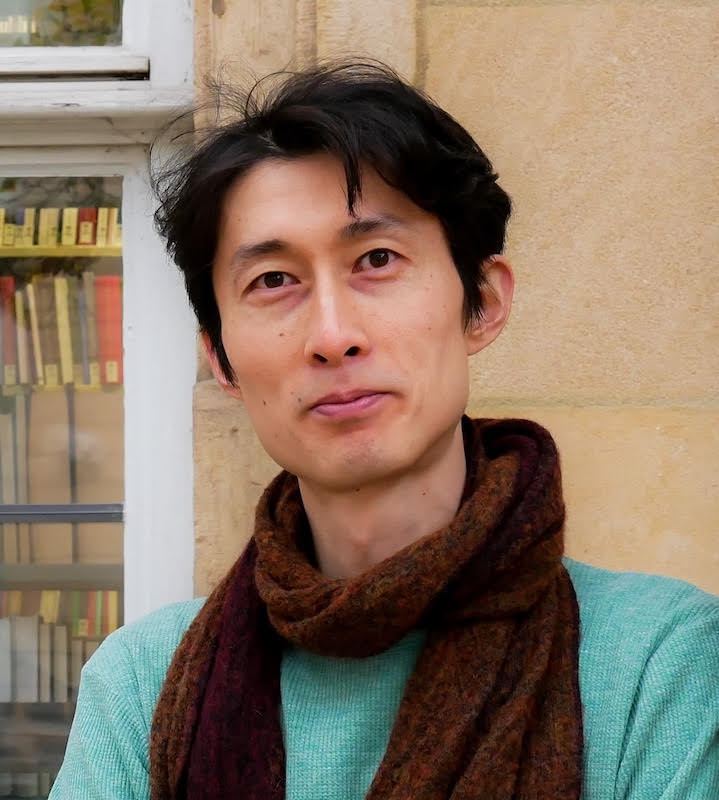
Tomoki Sakata finished his PhD thesis on the culture philosophy of Ernst Cassirer, examining a tension between science and myth as Symbolic Forms, at the Otto-Friedrich-University of Bamberg, Germany (Die Spannung zwischen Wissenschaft und Mythos: Die Entwicklung des symbolischen Geistes, Felix Meiner, 2024). At his alma mater, he continues his teaching and research on various philosophical topics regarding human body, non-mechanical concept of nature, epistemology, technology and AI, etc. He joined the project, Smart City Ethical Toolbox (2021-2023), and co-edited and -authored an ethical manual for the city of Bamberg to access ethical issues and implications (with Düchs & Illies, Smart in the City: Eine ethische Handreichung für die Digitalisierung der Stadt, Bamberg University Press, 2023). His researches develop in intercultural discourses and comparisons, mainly between Germany and Japan.
Elisabeth Naurath
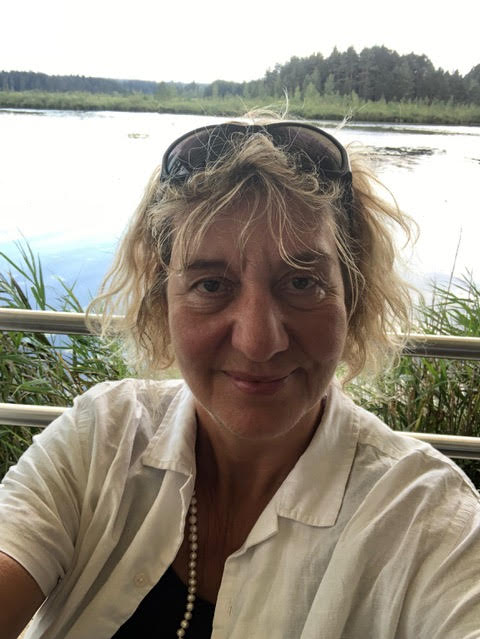
Prof. Dr. Elisabeth Naurath holds the chair of Protestant Theology – Religious Education and Religious Education Didactics at the Faculty of Philosophy and Social Sciences at the University of Augsburg (Germany). Peace education has been a focus of her work as shown in her second book “With Feeling against Violence. Compassion as the Key to Ethical Education”. Furthermor she has founded the Peace Education Center for Interreligious Education at the University of Augsburg and focuses on interreligious learning in research, teaching and knowledge transfer. She combines her professional work with her dedication to the organization “Religions for Peace”.
Professor Naurath’s current research interest is the role of religious traditions in addressing the climate crisis, with a particular focus on the potential of religious actors to advance climate justice. This is evidenced by her contributions to a multitude of fields. For instance, in her instructional endeavors pertaining to the climate crisis, “the theology of creation”, and “the triad of ecology, society, and religion” etc.
She is engaged with the Center for Climate Resilience at the University of Augsburg. Furthermore, she serves as a member of the Standing Commission for the Promotion of a Sustainable Environment of Religions for Peace International. Since November 2023, she has held the position of project manager in the International ErasmusPlus project (cooperation partnership) entitled “Facing Global Challenges. Climate protection, climate resilience and climate justice in interreligious education and teacher training.“
